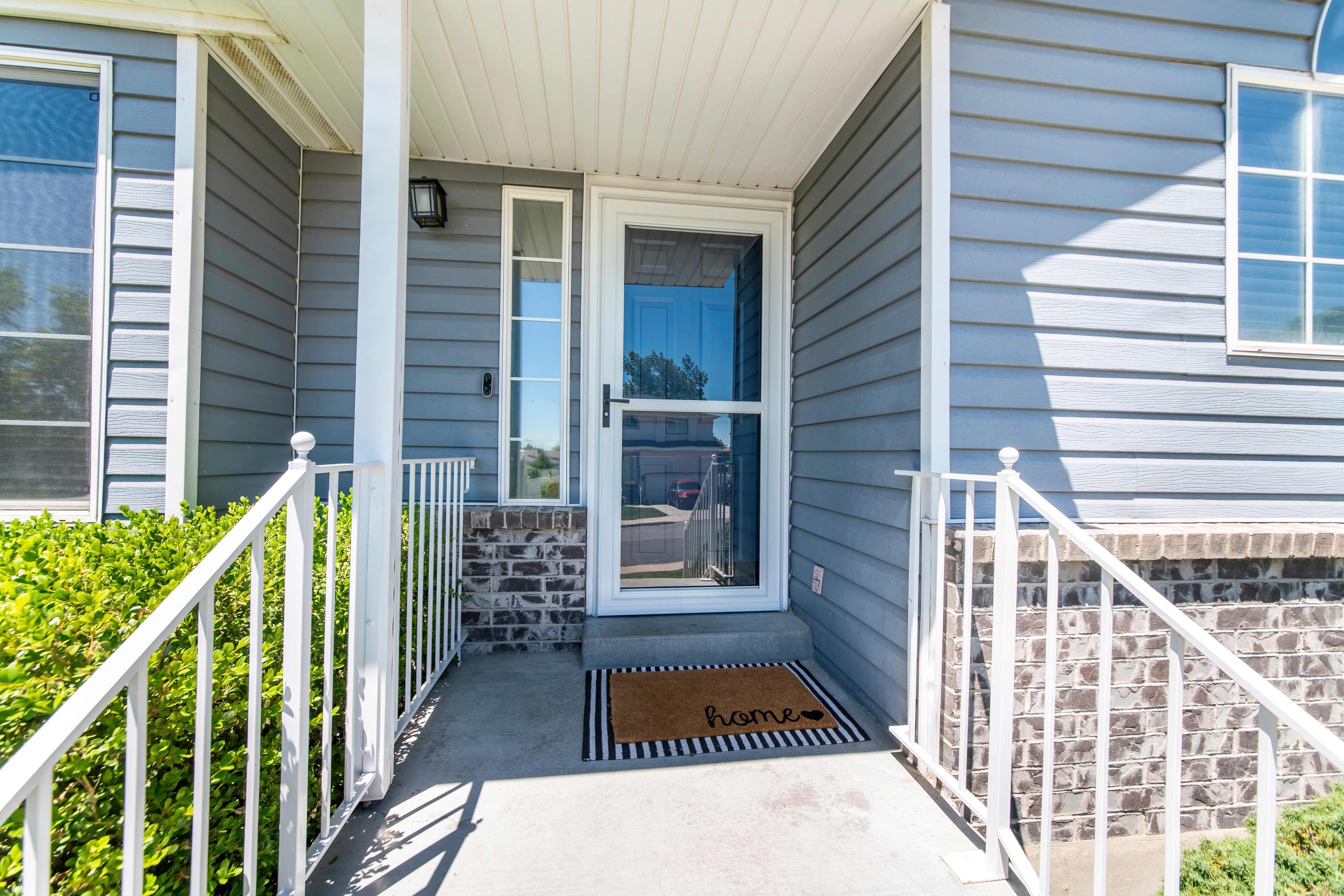How Often Should Windows Be Replaced?
How long do windows typically last? This question often comes up for a good reason. Over time, windows can lose their efficiency due to wear and tear, weather exposure, and structural changes in your home. If you’ve noticed signs of deterioration, such as drafts or difficulty opening and closing, it might be time to consider replacing your windows. Understanding the lifespan of your windows and recognizing these indicators can help you maintain comfort, improve energy efficiency, and enhance the appearance of your home. In this blog, we will explore the main things you need to look out for when seeing if your window needs a replacement.
Average Lifespan Of Windows
The average lifespan of windows ranges from 15 to 30 years. However, factors such as the quality of the original installation, the materials used, and local weather conditions can shorten this to between 10 and 15 years. Over time, even well-maintained windows can become less effective at insulating your home, leading to increased energy costs and reduced comfort. If your windows are causing problems, you don’t need to wait until the 15-year mark to replace them. Here are several signs that it might be time for new windows.
Damaged Window Frames
A small crack in the window frame might not seem like a big deal at first, but it’s important to fix it before it gets worse. Cracked frames, especially in windows you use a lot, can lead to bigger problems and usually don’t get back to their original strength after repair. Often, replacing the frame is the best choice. If your windows are older, it might be hard to find a perfect match, and a sash replacement might not look the same as the rest. A cracked window pane is a bigger problem that needs fixing right away. While you can repair it, it’s usually expensive and not as good as getting a new pane.
Excess Condensation
To tell if a window seal is broken, look for condensation on the inside of the window. This can happen if there’s a problem with the metal spacer between the glass panes or if your home has too much humidity. Using foam spacers can help, and reducing indoor humidity with fans can also make a difference. If condensation is between the panes, it usually means the seals are bad. Fixing this often requires removing the whole window frame, so it’s a good time to consider replacing the window. For older wooden frames, replacing them is usually best, while modern frames are generally more durable.
Replace Your Old Windows In New Hampshire With Seacoast Replacement Windows
The window experts at Seacoast Window Replacement are here to help. We serve northern Massachusetts and southern New Hampshire with expert window and door installation. If you think your window is old and needs replacement, call us today to get a free estimate. We want to make sure you and your home are protected. Get started today by calling us at 800-693-1307 or filling out our online contact form.



